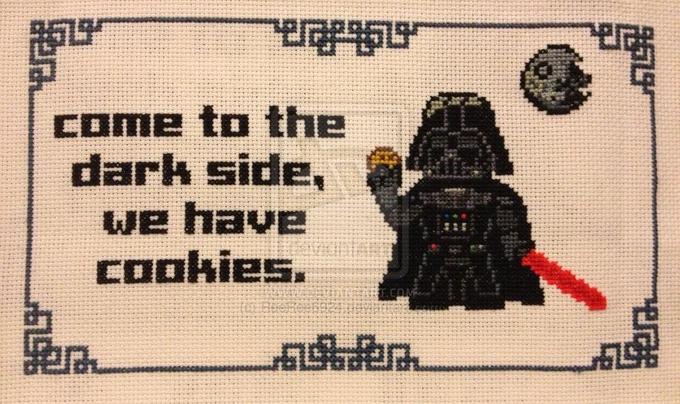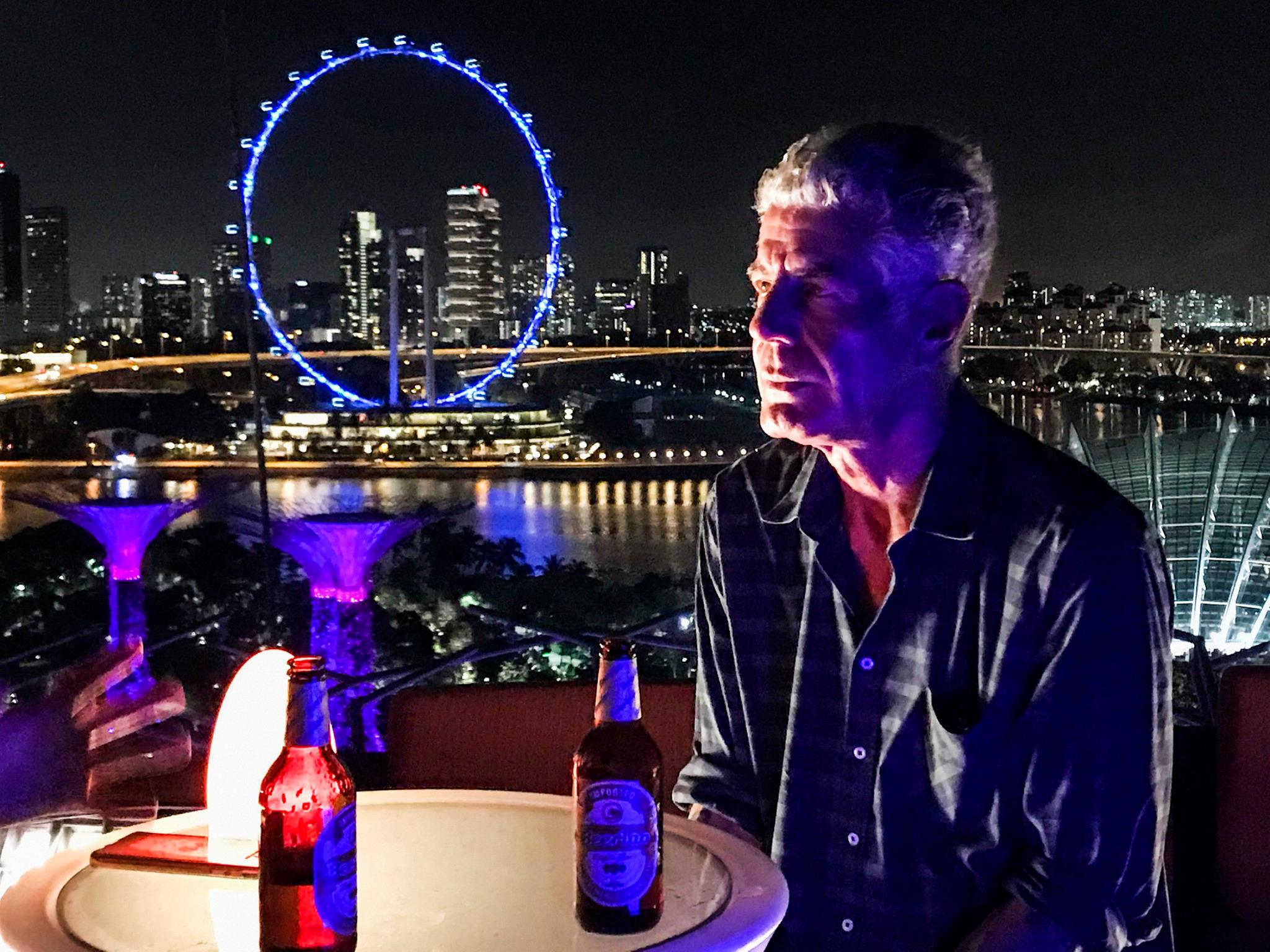Celebrity chef and travel host Anthony Bourdain is well-known for hosting The Travel Channel's culinary and cultural adventure programs. And he's no stranger to Singapore.
The 62-year-old tv star has praised Singapore's hawker centres, the food at Changi Airport, and enjoyed our prawn noodles.
But in his new series, Parts Unknown, Bourdain not only comments about the quality of Singapore's food, he also touches upon Singapore's political scene and our society.
In the series which will premier on Oct. 1, this Sunday, Bourdain muses from a Westerner's perspective, on the paradox that lies at the heart of the Singapore system -- our success in spite of the lack of freedom.
"You look around the litterless streets, where everything seems to work just fine, and you think -- or you could be forgiven for thinking -- 'Gee, maybe a one-party system is just what we need'."
In his teaser videos and article, Bourdain did not hold back on his opinions about how Singapore is like and how it is run. Perhaps because according to him, the new series "isn't really a food show".
We give you a list of his quotes, right before you tune into his show.
On Singapore's system and government
Speaking candidly, Bourdain reflects on the nature of Singapore's legal system and government, in that certain vices are punished harshly, while others are tolerated:
"Singapore is like a concept in a lot of ways. If you look at the mix of people, ethnicities, and religions all living in relatively close quarters here, it’s a rather extraordinary success story. A place where everything works this well, and the system’s so seemingly different than the one that we are taught to venerate, that’s genuinely confusing."
"Not only is Singapore a small city-state -- just 227 square miles, a little more than half the size of LA -- but there's also a pressure of a kind from a big brother government who's always watching, however benevolently one might think."
"For a state in which an ounce of weed can put you in the jug for up to 10 years and the same weight of dope can mean death, where chewing gum is indeed illegal, a surprising number of vices are allowed here. Drinking age is 18. Prostitution is legal, with sex workers getting regular medical checkups. There are casinos and strip clubs. The government seems to understand that, along with a certain amount of repression, safety valves are required. Get drunk, get laid, and you are less likely to be difficult. Perhaps that's the thinking. Or maybe it's just business."
He then goes even deeper by thinking long and hard about the trade-offs that Singapore has made to become the country it is today -- and even seems tempted for a moment:
"One could be forgiven for thinking it's a giant, ultramodern shopping mall. An interconnected, fully wired, air-conditioned nanny state. Where everything is beautiful and nothing hurts. And those things are...kind of true, especially if you read the papers or the carefully monitored internet. You look around the litterless streets, where everything seems to work just fine, and you think -- or you could be forgiven for thinking -- 'Gee, maybe a one-party system is just what we need'. You look at all the social problems and ethnic strife, street crime, drugs that Singapore has managed to avoid and you could think, 'Is this the life we want?' It ain't my system, it's not the world I want, but damn -- it has its appeal."
"You know, listening to you people, I gotta tell you -- I wanna, like, go out and join the Communist Party. That's like bourgeois, man. You're living off the labor of an oppressed underclass."
 Pic from Know Your Meme.
Pic from Know Your Meme.
Welfare state or meritocracy?
Bourdain then makes the same point that many other critics have made before, most notably William Gibson for his Wired Magazine article Disneyland with the Death Penalty, that Singapore takes care of its people, at a cost:
"Spotless, efficient, safe, protected, controlled. A utopian city-state, run like a multinational company. Welcome to Singapore, Incorporated."
"By some measures, Singapore is a welfare state, taking care of the less fortunate. But at its heart, it's a cold-blooded meritocracy. You follow the rules -- and there are many -- work hard, and you'll have a good life. That's the message."
"Unlike most of the wealthy, developed world, there's universal health care and little to no homelessness in Singapore."
"By ensuring that its citizens are safe, housed, healthy, and for the most part economically successful, the Singaporean government has been effective at keeping the masses placated enough -- willing to accept curbs on their freedoms and civil liberties."
[related_story]
On our society and culture
Bourdain also reflects that Singapore's commitment to globalisation and international influences has inspired the diversity of its food options too:
"To many, Singapore is the land of opportunity. People come here from all over the world to get a good job, to find a better life."
"Singapore has fully embraced globalisation, and that's proved, in their case, very rewarding."
"Jam-packed in between the carefully feng shui-ed architecture, the skyscrapers, and office blocks are rich, deep, very old, and deliciously funky remnants of the Old World -- Chinese, Indian, Malay -- and a culture that still cherishes the joys of a simple, good thing."
"I come here mostly to eat, because that's what they do here. And they arguably do it better --
with more diverse, affordable food options per square foot than just about anywhere on Earth."
So it seems, the man behind the famed series who usually speaks about our local food, has turned his juicy conversations to Singapore's governing approach.
Perhaps the most pertinent query he raises is something on everyone's minds: "Is the Singapore way really the right way?"
But one can only wonder what the answers are to these hard questions.
So stay tuned to his series.
Top image via Anthony Bourdain: Parts Unknown's FB
If you like what you read, follow us on Facebook, Instagram, Twitter and Telegram to get the latest updates.
